Ritambhara Hebbar is a Professor and Dean of the School of Development Studies at the Tata Institute of Social Sciences, Mumbai. She received her PhD in Sociology from the Department of Sociology, Delhi School of Economics, University of Delhi in 2004. Her doctoral work focused on the Ho tribe in West Singhbhum district of Jharkhand, India. It was an ethnographic study of a village in a protected forest and the autonomy movement in the area. She has specialized and written regularly on tribes in India, particularly on culture, the autonomy movement, women and land rights, and tribal governance. She is the author of several articles and books in her field of expertise.
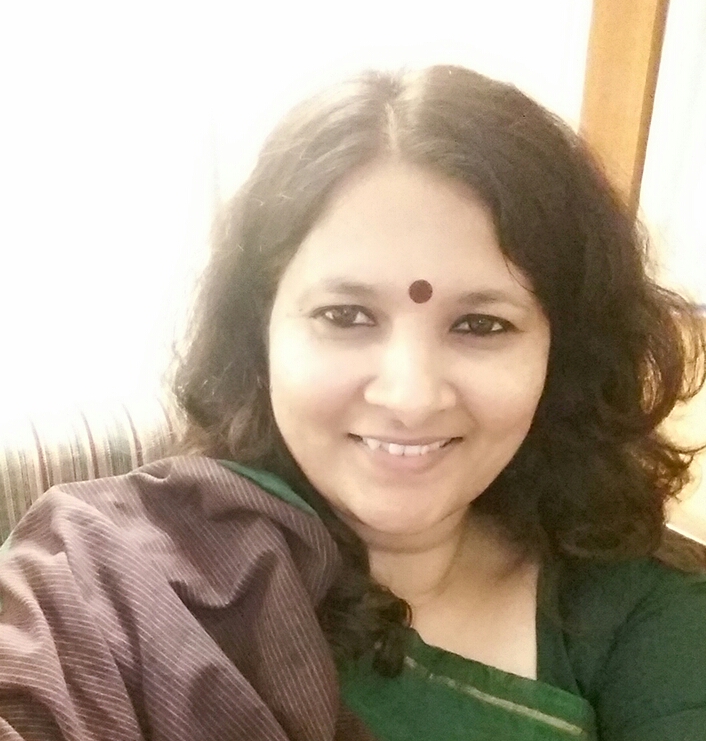
Ritambhara Hebbar
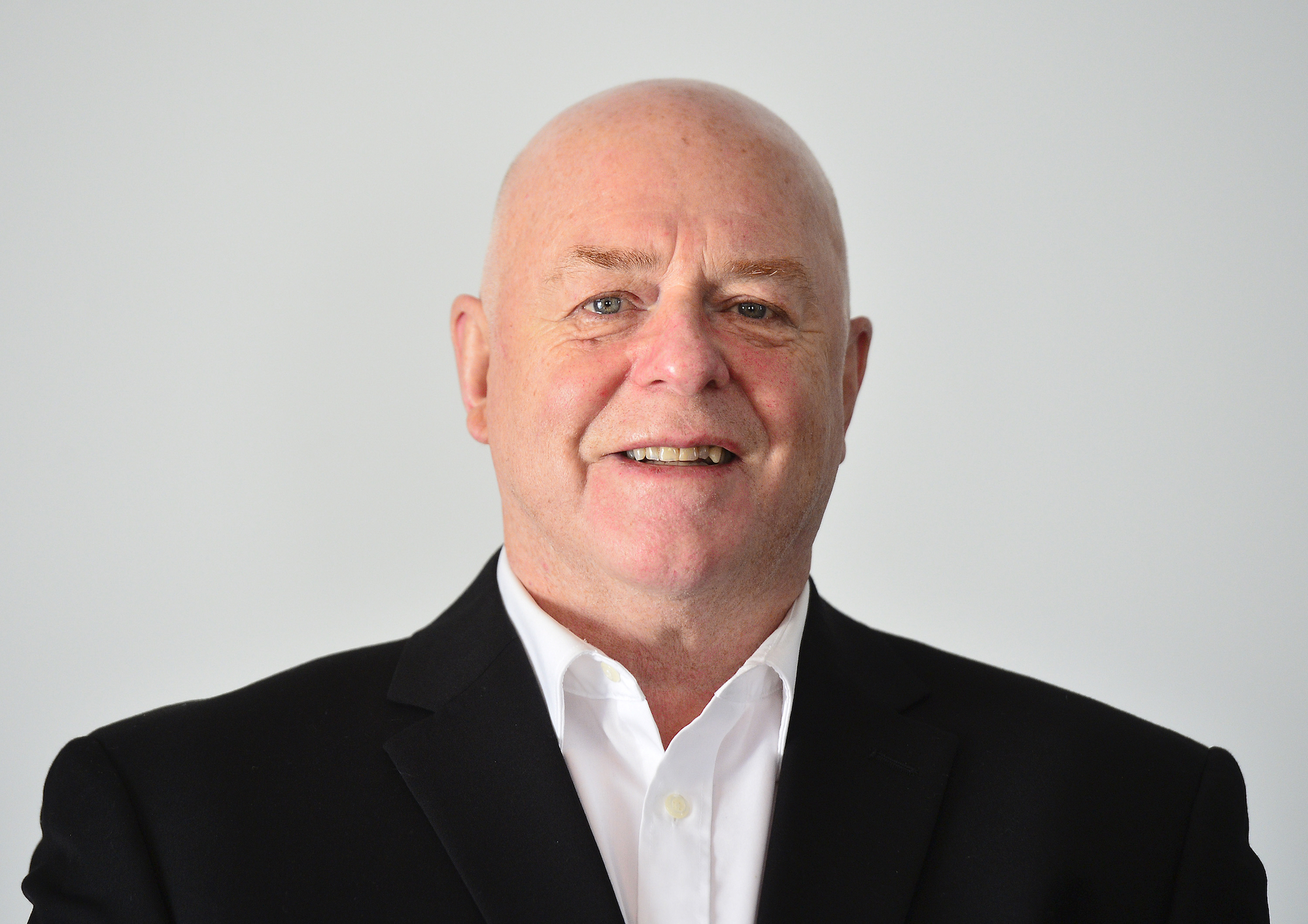
Konrad Sioui
Konrad Sioui holds a Master’s degree in Public Administration from ENAP and has completed doctoral studies in political science at Laval University. He was Grand Chief and Director General of the Huron-Wendat Nation from 2008 to 2020 and Regional Chief of the Assembly of First Nations of Quebec and Labrador from 1985 to 1991, where he acted as official and national spokesperson on constitutional reform issues between 1984 and 1994. In the spring of 1990, he obtained a unanimous and historic decision of the Supreme Court of Canada against Quebec and Canada, known as the “Sioui decision”. This decision recognized that treaties between the Crown and First Nations are international agreements between sovereign nations. Mr. Sioui represented the Assembly of First Nations in Geneva from 1985 to 1992. He has addressed the United Nations Working Group on Indigenous Peoples on numerous occasions on issues such as treaty rights, human rights, children’s and elders’ rights, land rights and development. He has also addressed the UN Commission on Human Rights on the urgent need to amend the UN Charter to allow access for the world’s indigenous peoples.
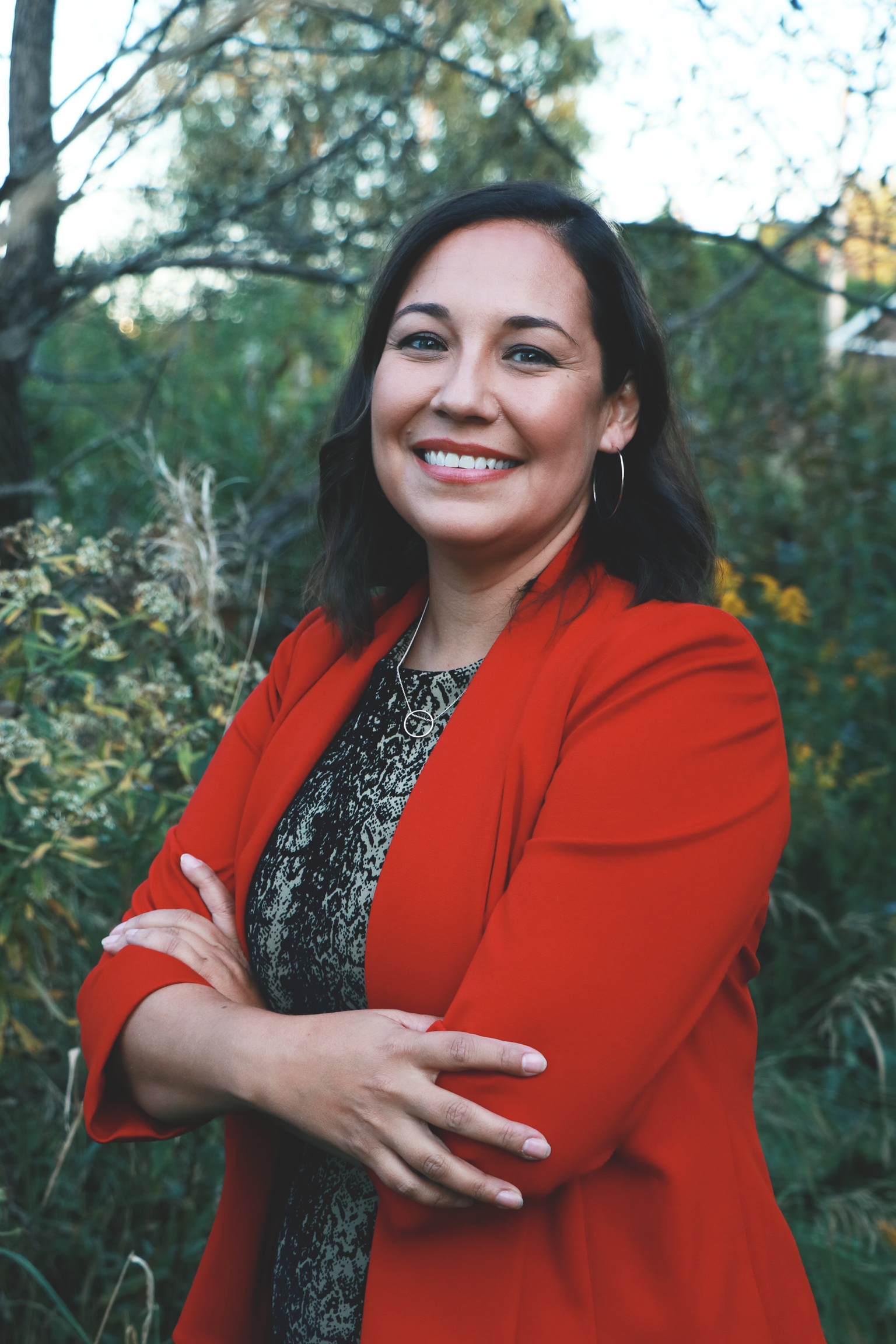
Véronique Rankin
Executive Director of the Puamun Meshkenu organization and member of the Abitibiwinni First Nation (Pikogan), Véronique has nearly 20 years of experience in various Aboriginal and governmental organizations. She holds a master’s degree and a post-graduate certificate in public administration. Her various work experiences have led her to work with different Aboriginal groups in the community, in urban areas and in remote regions, mainly in the fields of education and health.
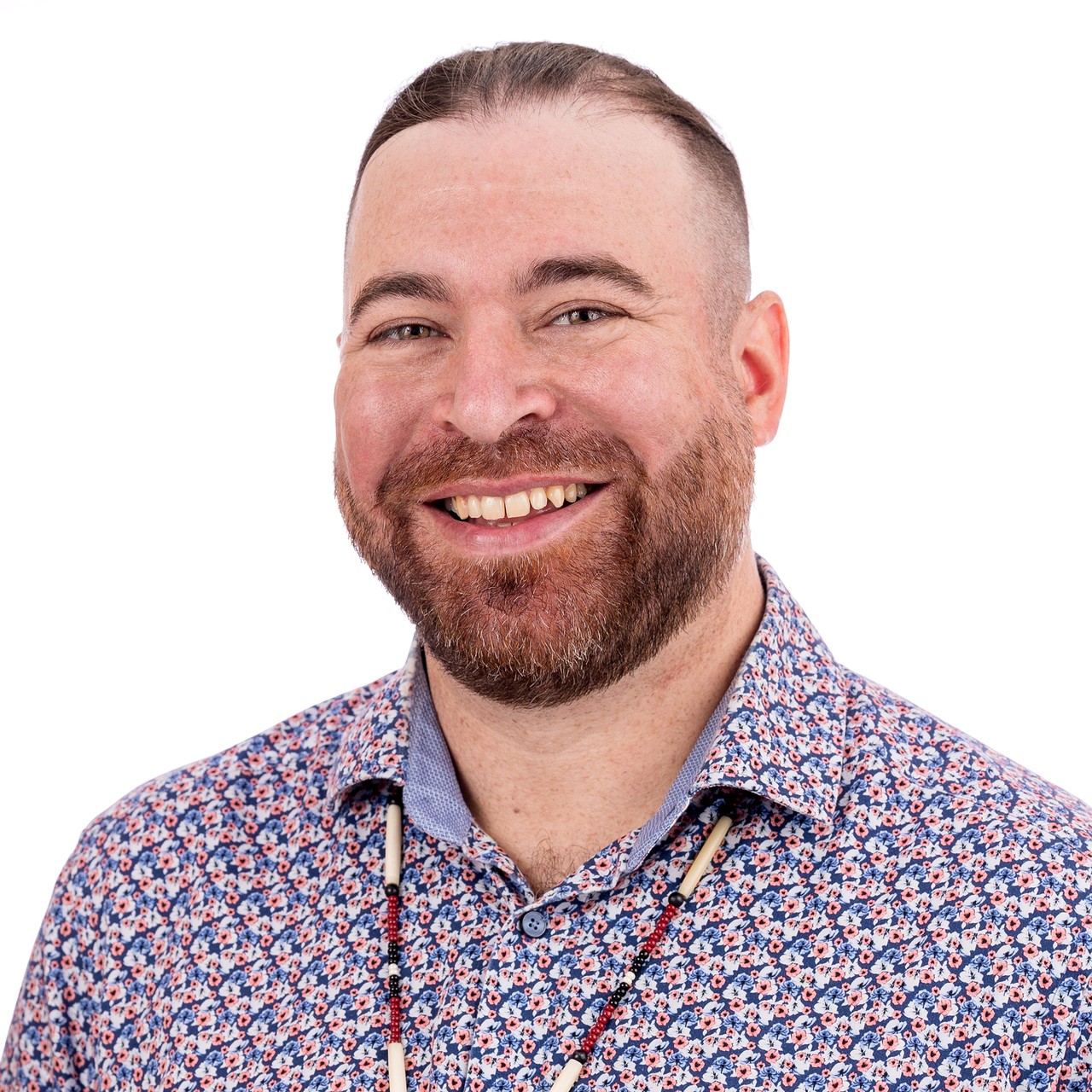
Médérik Sioui
Médérik Sioui is a member of the First Nations (Wendat-Anishinabe).
Trained as a historian, he taught First Nations history at Kiuna College. In his view, the study of written history is undoubtedly essential, but it often overlooks the historical perspective of First Nations based on oral tradition. He has worked passionately as a First Nations history consultant for the past ten years.
At the same time, he has been the manager of the communications sector of the First Nations of Quebec and Labrador Health and Social Services Commission since 2018. He blends culture and management according to First Nations teachings in this position.
He is also actively involved in First Nations research, notably in First Nations military history and management theory. As a participant and collaborator in several research projects, he integrates his passion and vision of history and management.
Near his roots, Médérik Sioui practices many traditional activities such as hunting, fishing and trapping. Rooted in his two beloved communities of Wendake and Pikogan, he passes on to his two children the traditions so dear to his family and his nation.
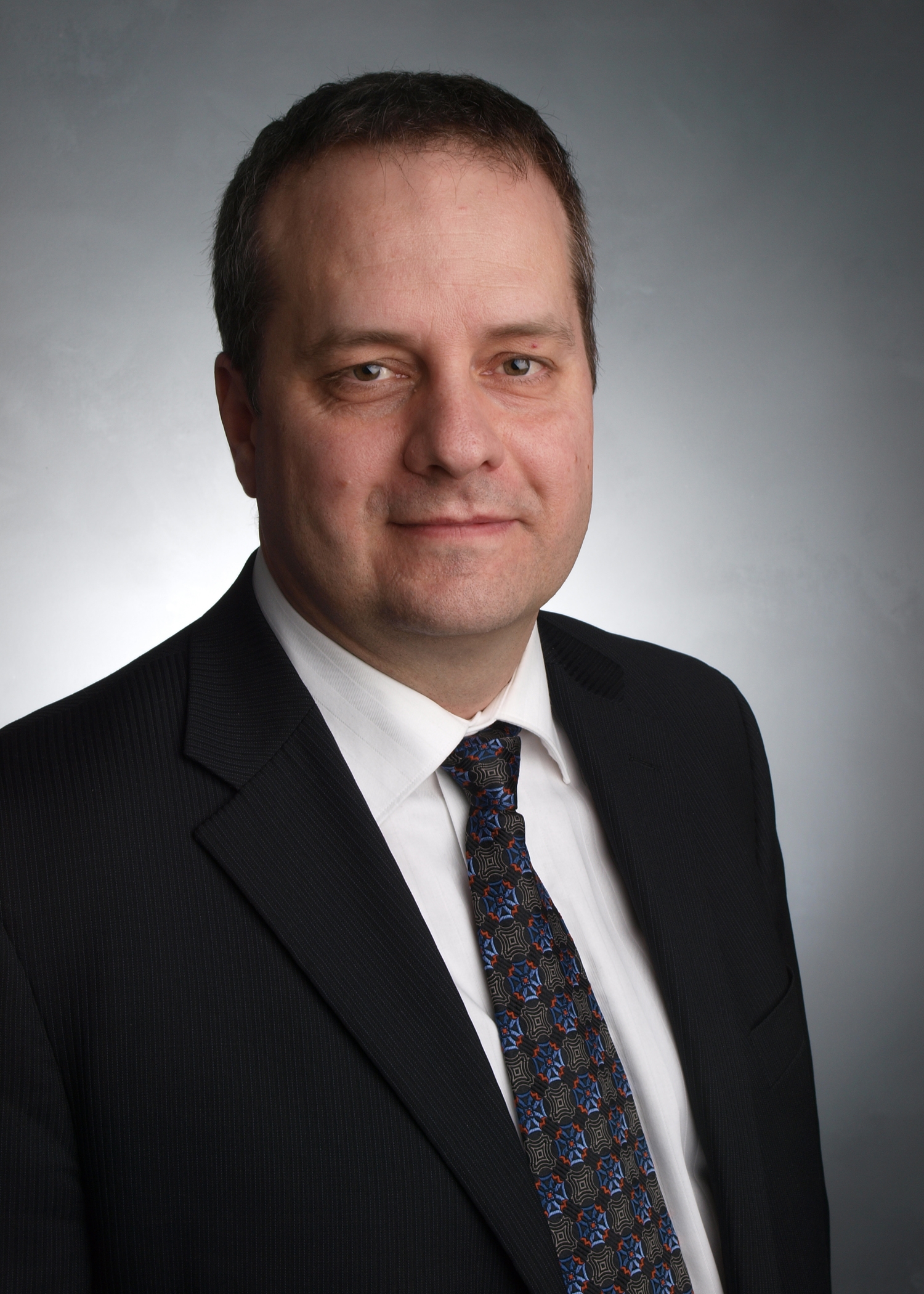
Francis Paradis
Francis Paradis assumed the position of Director of the Quebec Office in Mumbai in September 2019.
Mr. Paradis has nearly 15 years of experience in the Quebec public service. Since June 2018, he held the position of Assistant Deputy Minister for Business Partnerships and Client Services at the Ministry of Tourism. From 2016 to 2018, he was the postmaster of the Quebec Office in the Atlantic Provinces at the Ministry of the Executive Council and, from 2011 to 2016, director of Aboriginal services and northern development at the Ministry of Education, Higher Education and Research. He has worked with the First Nations Education Council, the First Nations Human Resources Development Commission of Quebec for the establishment of vocational and adult education in the communities, the Huron-Wendat Training and Manpower Development Centre, the Nikanité First Nations Centre of UQAC, and on several projects related to the development of education in Aboriginal communities.
Mr. Paradis holds a Bachelor’s degree in psychology from the Université du Québec à Trois-Rivières, a Master’s degree in executive business administration from the Université du Québec à Chicoutimi, a Master’s degree in public administration from the École nationale d’administration publique, and a Master’s degree in physical activity sciences from Université Laval. He also obtained the certification in corporate governance offered by Laval University. He was a lecturer for ENAP for several years.
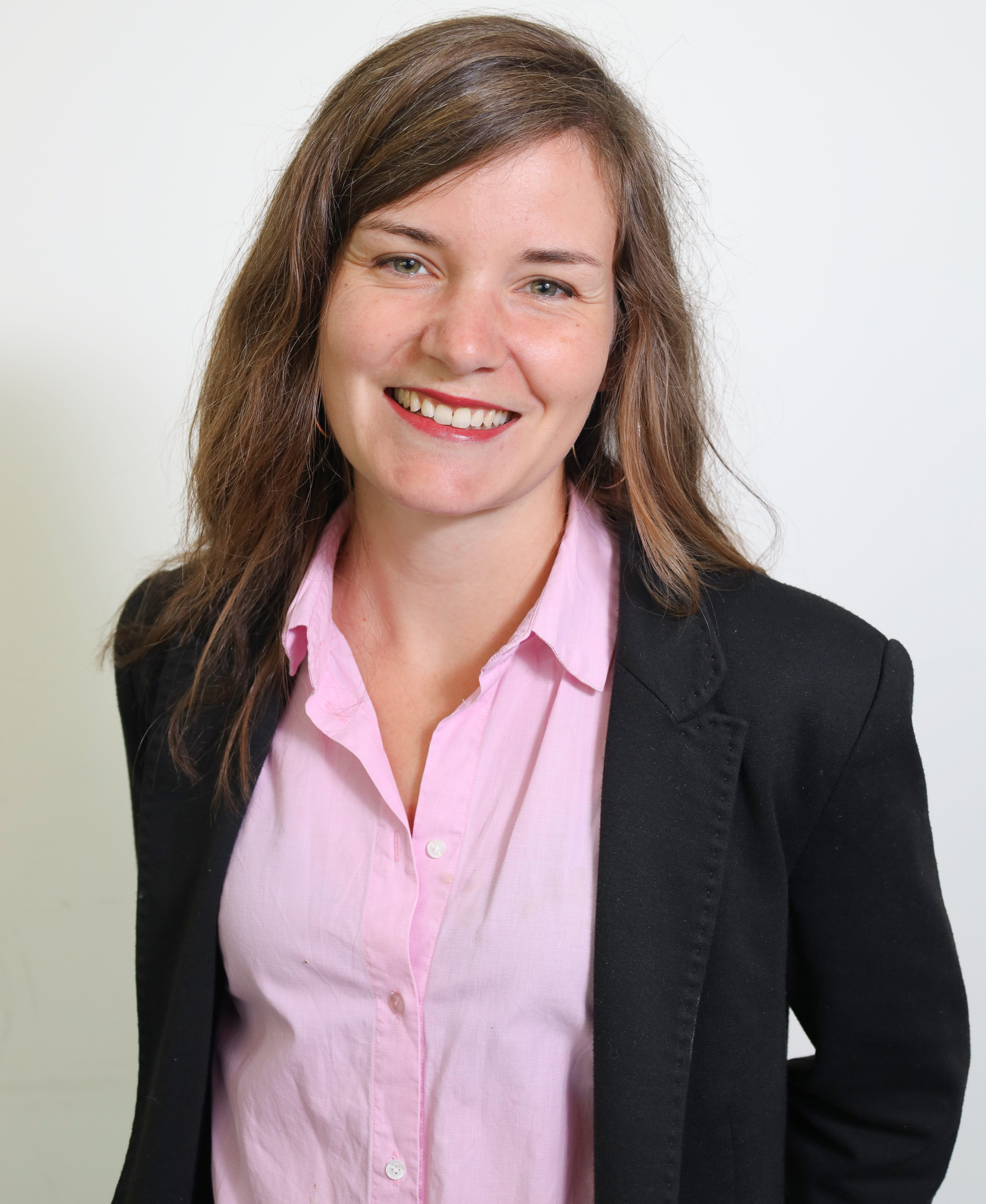
Camille Marquis Bissonnette
Camille Marquis Bissonnette is a professor in the new Department of Law at the Université du Québec en Outaouais (UQO). She specializes in international law, international security, human rights and refugee law. She joined the Observatoire des administrations publiques autochtones (OAPA) in September 2023, driven by the desire to strengthen bridges with people from the various Indigenous nations of Quebec and Canada and their networks of reflection and research, to decolonize her scientific approach, and to highlight possible solutions for better protection of their human rights through and within public administrations. Prior to her arrival at UQO, she completed a postdoctoral internship in international refugee law at McGill University, a doctorate in law at Université Laval, a master’s degree in international law at the Geneva Academy of International Humanitarian Law and Human Rights, and an internship at the United Nations International Law Commission. In general, she is a researcher dedicated to shedding light on the lack of protection for marginalized, stigmatized, vulnerable or invisible individuals and groups, and is passionate about teaching. Convinced that the law must be a tool at the service of society, she is also committed to popularizing legal issues among the general public and younger generations.
Translated with DeepL.com (free version)
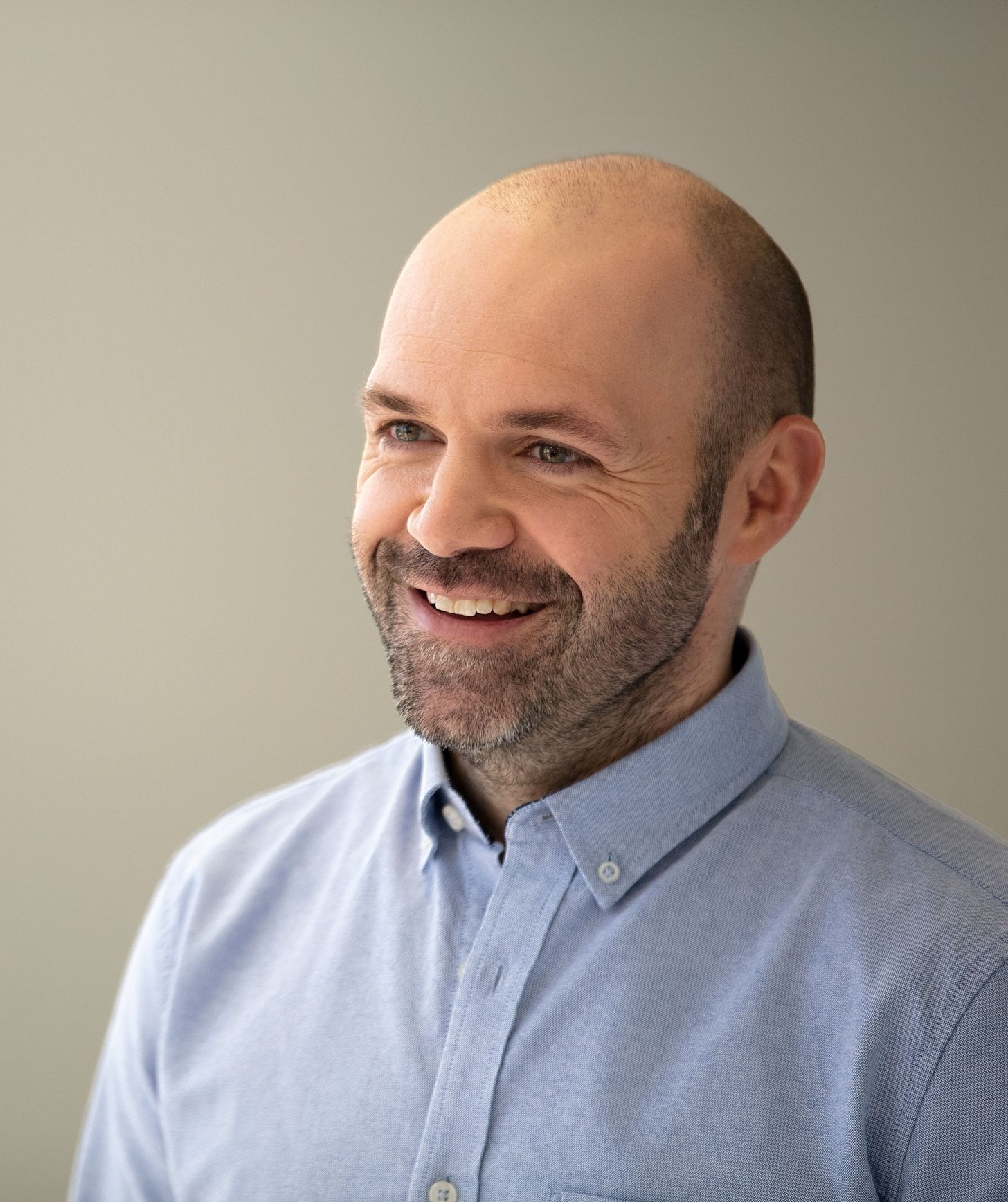
Dave Bergeron
Dave A. Bergeron is a nurse and assistant professor of nursing in the Department of Health Sciences at the Université du Québec à Rimouski. He also teaches global health at the Faculty of Health Sciences of the University of Sherbrooke, where he is an associate professor. He collaborates with the Faculty of Nursing of the Universidad CES in Medellin, Colombia, as a research associate.
D. in Clinical Sciences, his research interests focus on intersectoral collaboration and community-based knowledge transfer and exchange strategies to reduce health inequalities in indigenous and marginalized communities. For these research projects, Professor Bergeron uses mainly the realist evaluation approach as well as mixed and qualitative methods. As part of a realist synthesis conducted during his post-doctoral studies, he is interested in research partnerships developed with Aboriginal communities to prevent type 2 diabetes in school children. He advocates for the recognition of systemic racism in care.
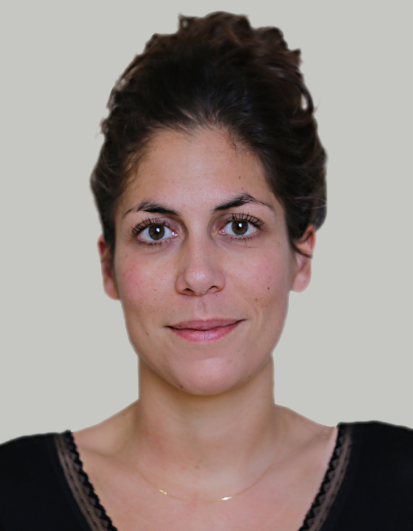
Magali Vullierme
Magali Vullierme holds a PhD in political science from the University of Paris-Saclay-UVSQ. Her research aims to better understand the interrelationships between, on the one hand, indigenous and local populations in Arctic regions, and, on the other hand, multi-scalar security issues (collaboration with the armed forces, risks related to climate change, health security). She has conducted several fieldwork in the Arctic, notably in Nunavik and Nunavut with Canadian Ranger patrols, in Greenland or in Eastern Siberia, in Yakutsk and in the Bulunsky region for the European Commission project “Nunataryuk” (n° 773421, EU Horizon 2020). Magali Vullierme is the recipient of a MITACS Elevation 2021-2023 postdoctoral fellowship (ACR/CHUM-UdeM) funding a research project on “Access to medical imaging in northern and isolated communities: a mixed-methods assessment of quality and cultural safety of services in Quebec”.